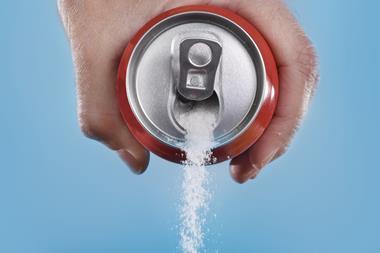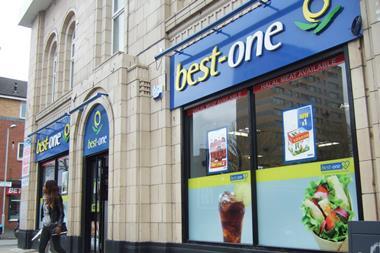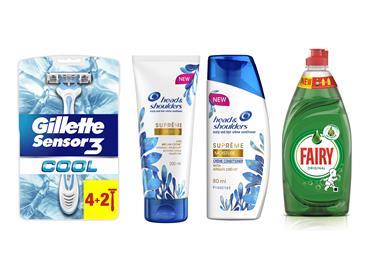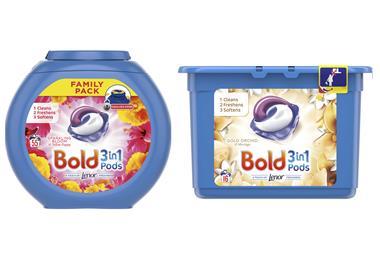Out of 8,650 product launches across Western Europe since 2013, just 18 have been judged a success.
Nielsen’s 2015 Breakthrough Innovation Report - which analysed 8,650 FMCG product launches and nearly 24,500 new SKUs across Western Europe - has revealed how tough it is to create a successful product launch.
In searching for ‘breakthrough innovation winners’ it has revealed that three out of four new SKUs failed to generate £100,000 sales in their first year of trading and were often delisted by retailers.
To be classed a breakthrough innovation winner, product launches had to meet three criteria: deliver a new proposition; generate at least £10 million sales in their first year of trading; and maintain at least 90% of their sales in the second year. Only 18 product launches did.
Nielsen VP of innovation practice in Europe and co-author of the report Marcin Penconek said: “Breakthrough innovation is extremely rare but, despite perceptions amongst some, it’s neither random, nor down to luck, nor magic. There are clear patterns behind why consumers pull some products and not others into their lives.”
The report explains why launches succeed or fail, using an approach called “Jobs Theory” – the idea that what causes a person to consume something is not related to that consumer’s identifiable qualities or the product attributes, but to the specific circumstances around the job to be done.
Penconek explained: “It’s the idea that people don’t so much buy products as hire them to perform jobs in their lives. Successful innovators display empathy – they clearly identify the circumstance where consumers struggle or have unmet aspirations and innovate around these.
“Breakthrough innovations are products that solve these issues in a distinctive and compelling way. They communicate it to consumers in a simple way, allowing them to make a clear link between their need and the new product – winners can easily explain their solution to an eight-year old child.”
The Breakthrough Innovation Winners for 2015 are:
• Ariel: 3-In-1 Pods (detergent)
• Cadbury: Dairy Milk Marvellous Creations (chocolate)
• Die Limo: Von Granini (beverage)
• Dompé: (headache remedy)
• Garnier: Fructis Schadenlöscher (hair care)
• Garnier: Ultimate Blends (hair care)
• Nivea: Cellular Anti-Age (face cream)
• L’Oréal Paris: Elvive Fibrology (hair care)
• Lay’s: Xtra (salty snacks/crisps)
• Robinsons: Squash’d (beverage)
• Scholl: Velvet Smooth Express Pedi (foot care)
• Strongbow: Dark Fruit (beverage)
• Sure: Compressed (deodorant)
• Tchibo: Barista (coffee)
• Tropicana: in Turkey (beverage)
• Vanish: Gold Oxi Action (detergent)
• Volvic: Juicy (beverage)
• Yatekomo: (food)
A selection of winners below illustrates how Breakthrough Innovation was achieved:
• Robinsons Squash’D identified a massive growth opportunity by changing consumer habits around the mature squash category, producing a new portable format so people could flavour their water out of the home. It generated over £11m sales in 2014.
• Scholl’s Velvet Smooth Express Pedi came about after listening to women’s unmet needs around their foot care routine. The solution to ‘hard skin’ had hardly changed in 100 years and led to consumers creating their own – potentially harmful – solutions. Scholl found a manufacturer producing electronic foot files in small quantities and, after positive testing results, ended up launching in 48 countries.
• Sure compressed deodorant cans are a new disruptive technology, the biggest sustainable innovation the aerosol category has seen in over 30 years. Unilever global VP Mariano Sampietro said: “We identified the biggest areas where, as a category or brand, we had an impact on the environment and society. This turned out to be waste, and within waste, the biggest contributor was aluminium from cans.” The new product contains 50% less gas and 25% less aluminium. The technology was applied to all Unilever deodorant brands and Unilever aren’t seeking to protect their innovation but to share it as wide as possible with other manufacturers.






















No comments yet